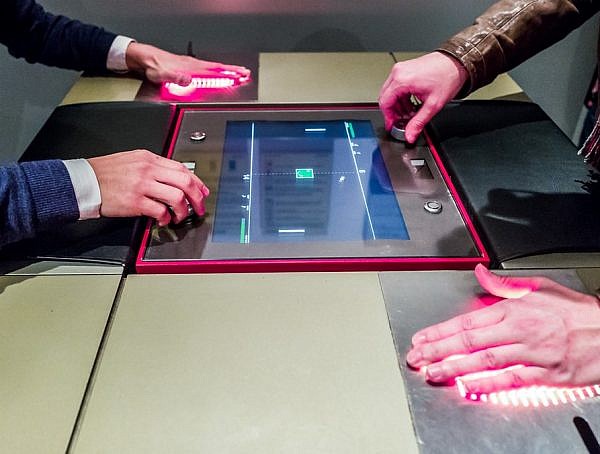What were the top three playful experiences in social games? Paavilainen et al. have the answers right here. #PLEX
This long-term research made by Janne Paavilainen, Elina Koskinen and Kati Alha from University of Tampere’s Game Research Lab and Hannu Korhonen from University of Tampere’s Unit for Computer-Human Interaction studied different experiences in games in ‘Exploring Playful Experiences in Social Network Games’. Research was spanned over 4 years and in 8 different sessions to find out what were the most common playful experiences (PLEX) in Facebook games.
Research is area is really wide so researches had to limit the study to Facebook games and they asked informants to list only 3 playful experiences for each game they played. In total there were 100 informants and 23 different games. After all the sessions were completed Paavilainen et al. had a total of 330 PLEX descriptions. In this article they broke the results down. Three most common PLEXes were Competition, Completion and Challenge. Also 8 most common PLEXes covered 68% of all reported PLEX categories.
Researchers further divided games into different categories: casual puzzle, casual simulation and mid-core strategy. There were significant differences between categories. Casual Puzzle games had Competition, Challenge, Suffering and Relaxation as most common PLEX categories. Casual Simulation games had Completion, Nurture, Discovery and Exploration while mid-core strategy games had Control, Completion and Competition as most reported PLEX categories. Examples of games used in the study: Bubble Witch Saga (casual puzzle), FarmVille 2 (casual simulation) and War Commander (mid-core strategy).
Researchers found out that while social games provided a wide spectrum of playful experiences, most of them were related to the 8 most common ones. This is a limitation to the way was data gathered and how it could be generalized, as researchers pointed out. Other limitations were large scale of social games and the amount of playful experiences they produce, thus they can not generalize results outside of this study.
Source: DiGRA, 2015. http://www.digra.org/digital-library/publications/exploring-playful-experiences-in-social-network-games/
You might also like
More from Game Research Highlights
How do you want to do this? – A look into the therapeutic uses of role-playing games
Can playing RPGs contribute positively to your wellbeing? A recent study aims to find out how RPGs are being used …
Eldritch horrors and tentacles – Defining what “Lovecraftian” is in games
H.P. Lovecrafts legacy lives today in the shared world of Cthulhu Mythos and its iconic monsters. Prema Arasu defines the …
Are Souls Games the Contemporary Myths?
Dom Ford’s Approaching FromSoftware’s Souls Games as Myth reveals the Souls series as a modern mythology where gods fall, desires …















